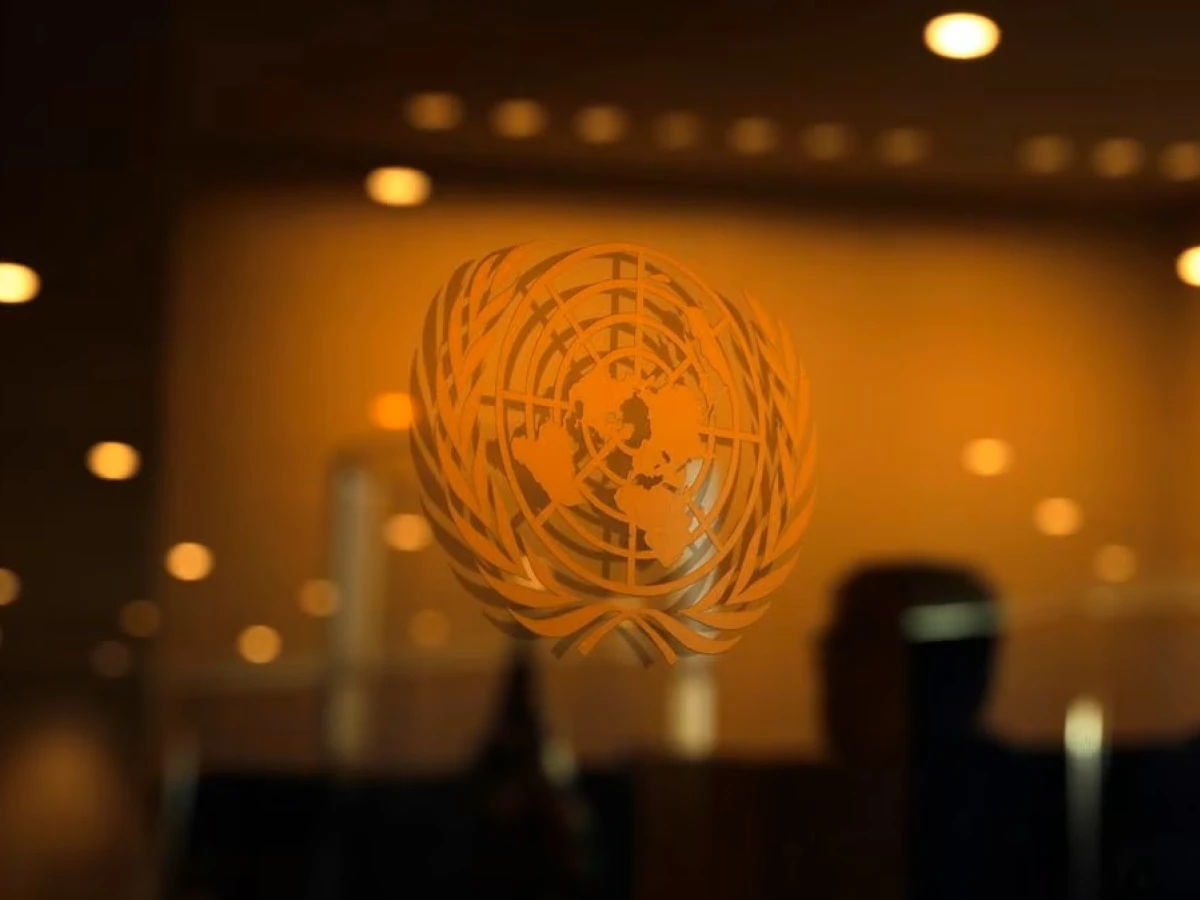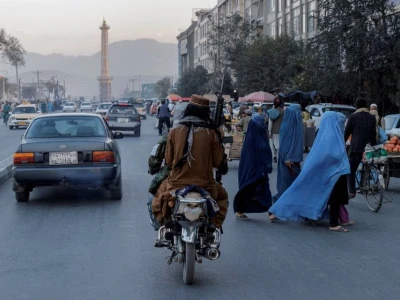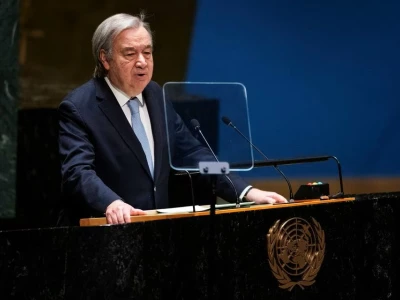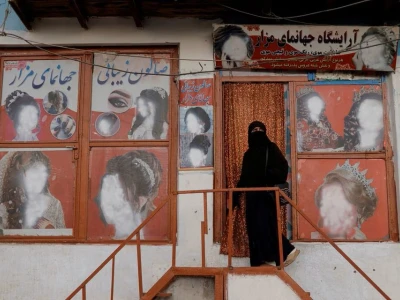
UN flags Taliban order to bar women workers, tells Afghan staff to stay home
Since toppling the Western-backed government in Kabul, the Taliban have tightened controls over women's access to public life.
UNITED NATIONS/KABUL, April 4 (Reuters) - The United Nations "received word of an order" by the Taliban authorities banning Afghan women from working for the world body in Afghanistan, U.N. spokesman Stephane Dujarric told reporters in New York on Tuesday.
Dujarric said this was the latest in a "disturbing trend" undermining the ability of aid organizations to work in Afghanistan where some 23 million people - more than half the country's population - need help.
U.N. Secretary-General Antonio Guterres would view any ban on Afghan women working for the United Nations in their country as "unacceptable and, frankly, inconceivable", he said.
Spokespeople for the Taliban administration and the Afghan information ministry did not immediately reply to requests for comment.
Two U.N. sources told Reuters that concerns over the enforcement of the ban had prompted the United Nations to ask all staff not to come to the office for 48 hours.
"We're still looking into how this development would affect out operations in the country and we are expecting to have more meetings with the de facto authorities tomorrow in Kabul. We're trying to seek some clarity," Dujarric said.
"We do not have anything in writing as of now."
The United Nations Mission to Afghanistan (UNAMA) earlier on Tuesday expressed concern that female staff in the eastern province of Nangarhar had been stopped from reporting to work.
"National U.N. staff (male and female) will not come to U.N. offices for 48 hours due to a threat of enforcement of a ban on female national staff in light of enforcement starting today in Jalalabad," a senior U.N. official told Reuters, referring to Nangarhar's capital.
Friday and Saturday are normally weekend days at the U.N. offices in Afghanistan, meaning staff would not return until Sunday at the earliest.
The Taliban administration, which seized power as U.S.-led forces withdrew from Afghanistan after 20 years of war, says it respects women's rights in accordance with its strict interpretation of Islamic law.
Since toppling the Western-backed government in Kabul, the Taliban have tightened controls over women's access to public life, including barring women from university and closing most girls' high schools.
In December, Taliban authorities stopped most female NGO employees from working, which aid workers say has made it more difficult to reach female beneficiaries and could lead donors to hold back funding.
The restrictions did not initially apply to the United Nations and some other international organisations. In January, the U.N Deputy Secretary-General flagged concerns that authorities could next restrict Afghan women working at international organisations.
It was not immediately clear whether foreign embassies in Kabul had received similar instructions on female staff.
A ban on female U.N. workers could pose major challenges to continued U.N. operations in Afghanistan. Article 8 of its governing charter requires the U.N. not to place any restrictions on men and women working for U.N. agencies.
Aid officials have also flagged the risk that donor countries will reduce funding due to frustration over restrictions on women as other international crises take hold.
The U.N.'s huge humanitarian response plan for Afghanistan for 2023 has received less than 5% its financing requirements, currently the lowest funded aid operation globally.
A scheduled U.N. briefing to update member states, including donors, on the situation in Afghanistan in New York on Tuesday was postponed at the last minute without explanation.




